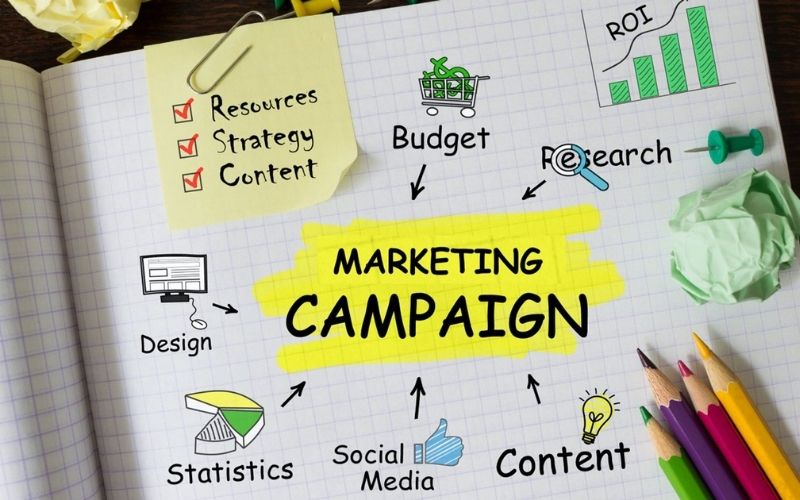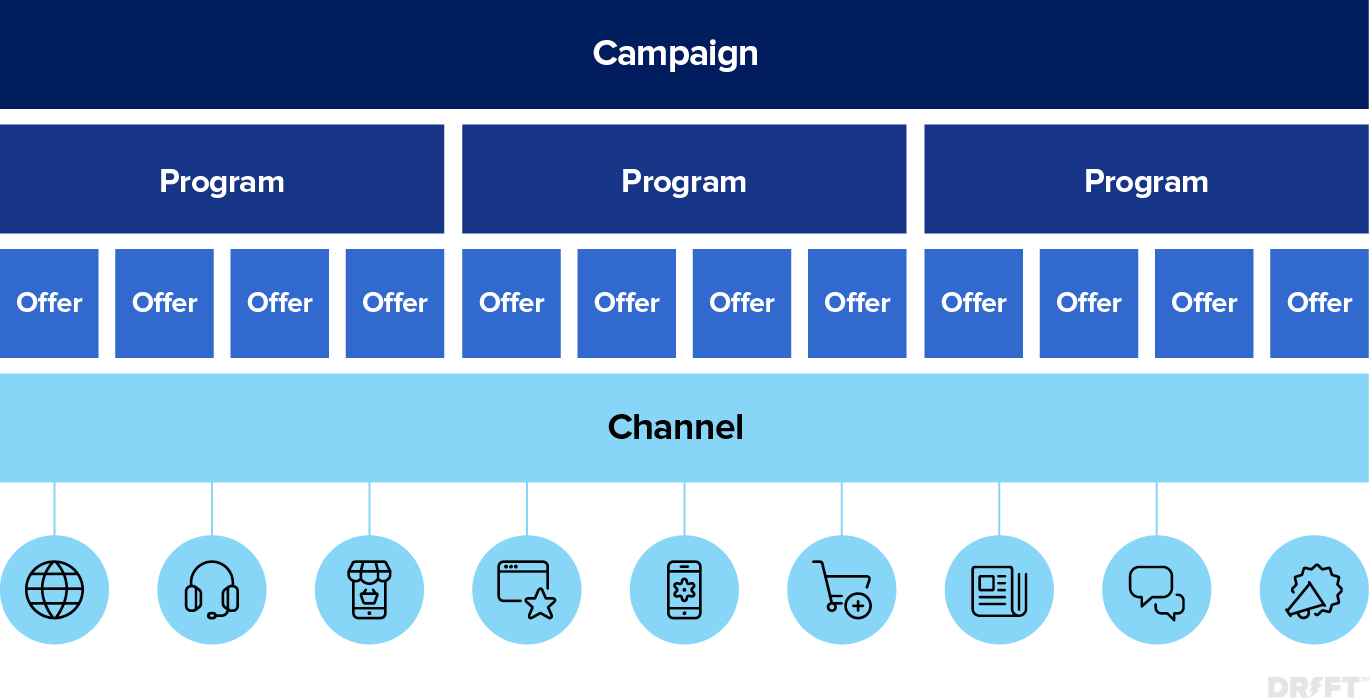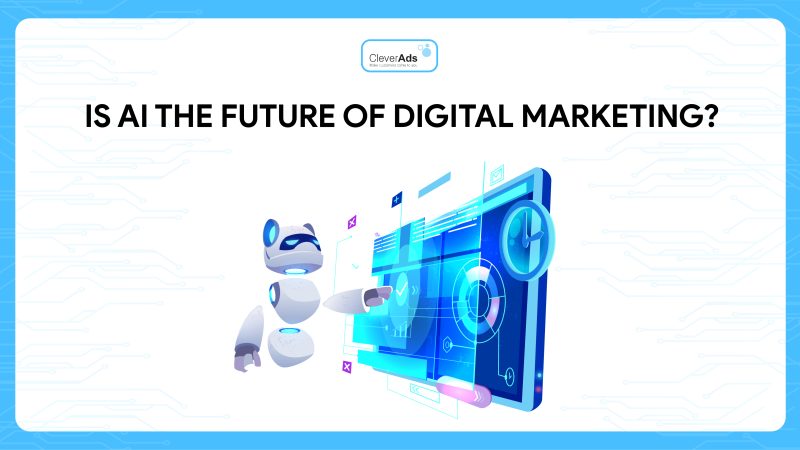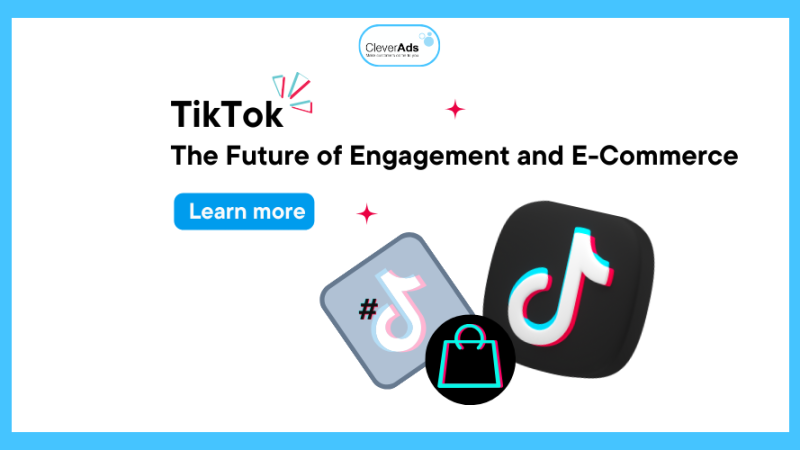What is Marketing Campaign?

For many businesses, marketing campaigns are the main way to connect with target consumers and markets to strengthen their position, position the brand and attract new potential customers.
1. What is a Marketing campaign?
A marketing campaign is a collection of activities in the process of selling and promoting a product, service or brand. In a Marketing campaign, businesses can organize the promotion of products and services through print publications, radio, TV, billboards, banners, trade shows, conferences, online, other types, and or other media.
Some marketing campaigns may run before the product or service even if it is created. Marketers do market research through interviews with definite consumers or companies and research similar products and services already in the market. This process is intended to determine whether there is the market potential for this product or service. If yes, what would be the best price?

2. Objects of Marketing campaign
A marketing campaign is not the result of a sudden inspiration. It needs to be heated, research, and it is also required a lot of clear planning.
Before starting or creating a campaign marketer needs to fully understand the company’s product or service in the market. And it’s important to know why you plan to run a campaign.
To achieve what goal? Here is a list of some goals for a marketing campaign:
- Increase revenue.
- Increase brand engagement with consumers.
- Advertise or launch a new product or service.
- Increase consumer awareness of the brand.
- Find out what consumers want, and get feedback from cusromers or consumers in the market.
- Reduce the impact of bad news.
- Find more potential customers.
3. Main components of Marketing Campaign
Marketing Campaign is built based on the Marketing Mix 4P model: Product, Price distribution channel (Places), and promotion mix (Promotion).
3.1 Product
A product is the combination of physical goods and accompanying services provided to the target market. Products are the lifeblood of businesses, existing in the form of intangible (services) or tangible. Marketing managers must have decisions on types, designs, models, quality levels, brands, packaging, and associated services.
In addition, businesses needed to build marketing product campaigns positioning the brand, building trust in the hearts of target customers, and strengthening the position in the market.
3.2 Price
After deciding on the product, the marketer must consider the decisions about the selling price. Price is the amount of money a buyer must pay a seller for the right to own or use the product. Price is a very sensitive element in a marketing campaign.
The exact price depends on many different factors and situations. In addition to the price of the product or service, the company may have to make decisions about: discount rates, discounts, payment terms, forms of payment, and credit terms.
3.3 Distribution channel (Place)
After determining the price for the product, businesses need to identify the appropriate distribution channel so that customers can access, buy and sell products and services most conveniently. A distribution channel is the path of products from the company or the place of production to the consumer and all other activities to ensure that the company’s products are always available when customers need them.
With the current development of technology, distribution forms are also expanded and enriched than traditional distribution channels. Sellers and agents need to be concerned with questions such as: Should you sell online, open a store or distribute to agents and supermarkets?
3.4 Promotion mix
The promotion mix includes activities related to providing information about the advantage of the product to the target customers to convince them to buy the company’s products. These activities have the main purpose of promoting consumer buying behavior.

Mixed promotion activities are carried out through the following main methods:
- Advertisement
- Personal Sales
- Promotion
- Public Relations
- Direct Marketing
Read more: What are Facebook Ads? From A-Z of Social Media Advertisin (cleverads.com.ph)
4. The process of building a successful Marketing Campaign
4.1 Building a Marketing campaign in line with the overall Marketing plan
After studying the overall marketing plan, businesses can conclude the target market and the most effective way to convey the message for the Marketing campaign.
4.2 Setting goals and KPIs of Marketing
Determining the right goals is extremely important for every campaign. With KPIs, marketers need to pay attention to marketing parameters. First, time is the most common parameter that needs to be included in a marketing campaign. Next is finance, reach, and most importantly post campaign revenue.
The effectiveness of a marketing campaign can be measured as follows:
Objectives achieved + Campaign execution time
4.3 Budget planning
Te size and duration of the marketing campaign chose by the business directly affect the marketing budget. Businesses do not need to create a large budget but needs to plan their spending closely. In the context of marketing development and modern marketing trends, Marketing agencies appear as a solution for businesses. In many cases, working with an agency is a way for businesses to save money.
4.4 Choosing the right communication channel system
The communication channel system is an issue that businesses need to pay attention to at this step. Choosing the right communication channel is extremely important. Depending on the characteristics of each type of product, it is necessary to have different marketing channels to help achieve the best effect. This requires businesses to understand the products and services as well as the overall marketing goals.
4.5 Build a realistic and specific timeline
After choosing the deployment channel system, businesses need to have an exact plan of what to do and a specific completion date. Building a scientific timeline helps provide marketers with a basis to evaluate the success of their campaigns.
4.6 Campaign execution and operation
Once the timeline has been built, the next step is to extend the completion of those tasks. This will keep the plan in place without delay and makes the campaign more effective. When running a Marketing campaign, you have the plans to handle and overcome bad cases.
4.7 Measure results
Any campaign needs to set a standard to evaluate its effectiveness of the campaign. To know if a campaign is effective or not regularly perform evaluations and measurements. You will draw a lot of valuable experience to create more. More effective campaigns in the future!
4.8 Adjust and repeat as needed
After evaluating the success or failure, the business can decide whether to continue or stop the campaign in the future. Or adjust the plan to make the campaign more complete.
Read more: Everything about Marketing Strategy Consulting! (cleverads.com.ph)
5. Conclusion about Marketing Campaign
In the context of a fiercely competitive market, to continue, businesses must regularly build impressive marketing campaigns to target customers. Hopefully, the article on CleverAds Blog will bring functional knowledge about Marketing campaigns for everyone.
CleverAds belongs to Clever Group, with nearly 15 years of experience, and is always a place for businesses to put their whole trust: bringing products, services, and the brand image of a company to a broad coverage to target customers.


